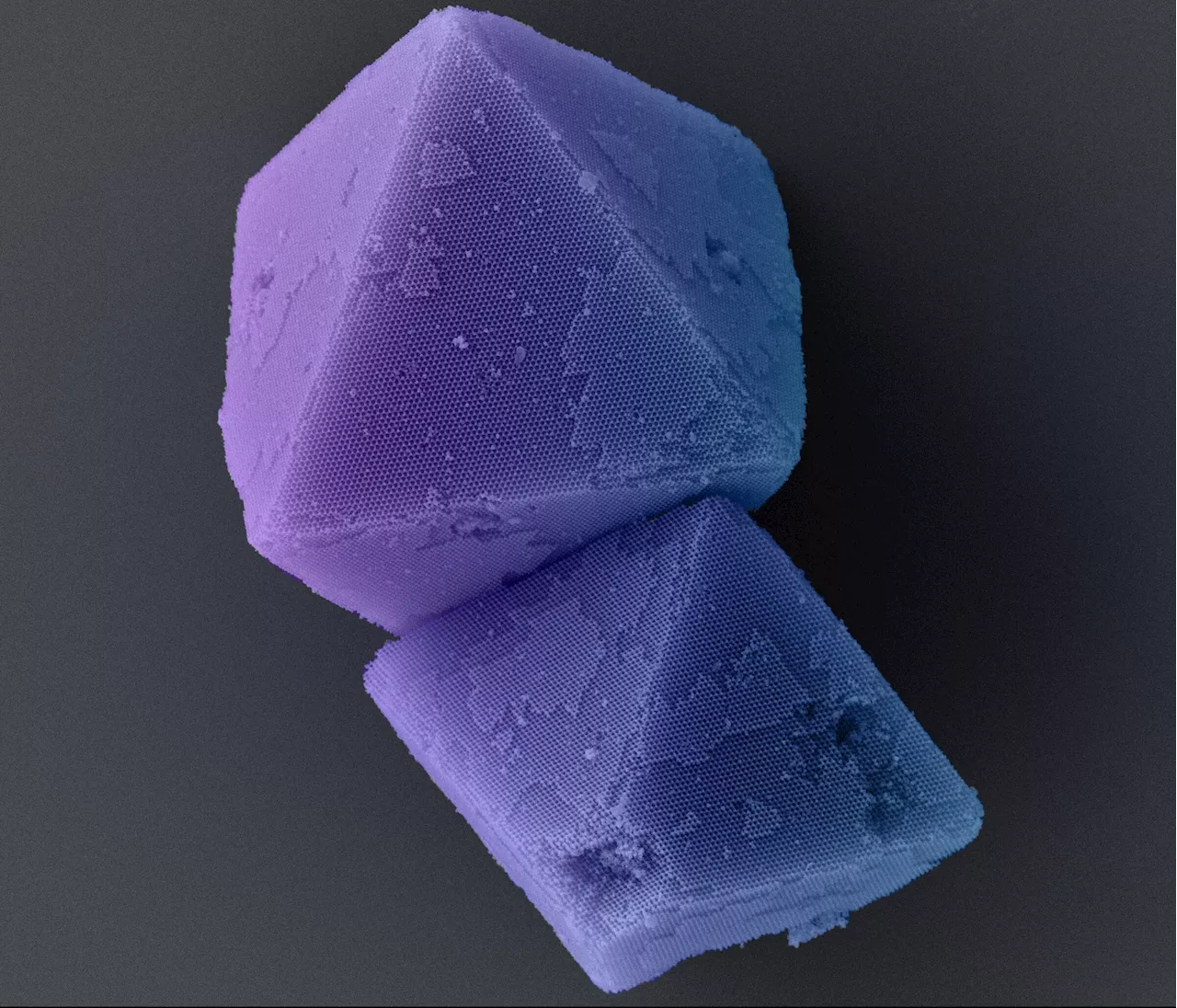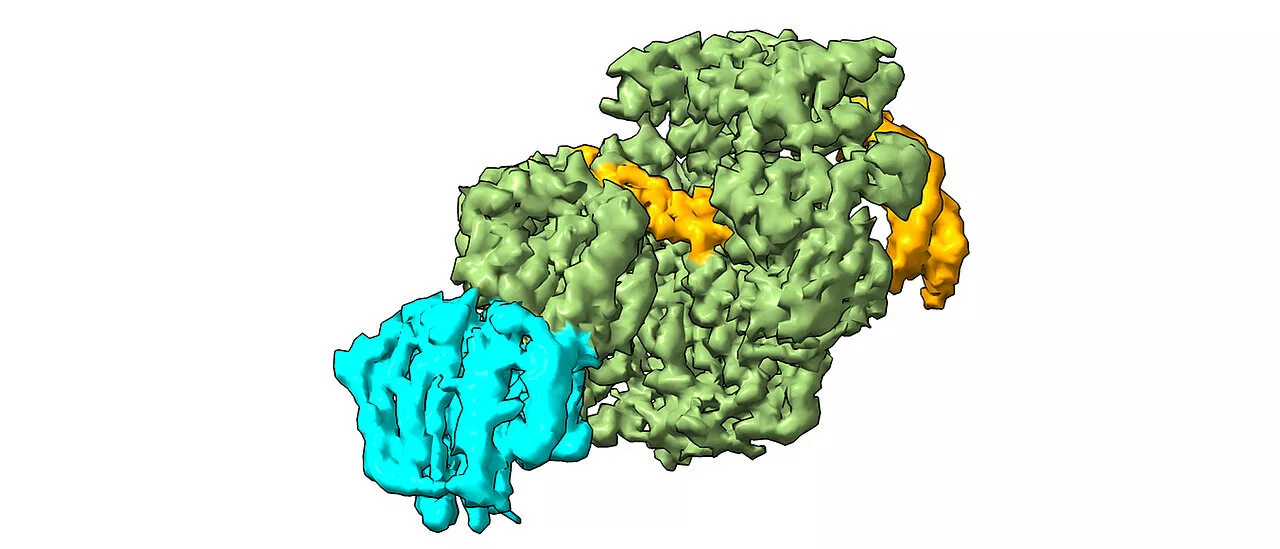Researchers have succeeded in developing a DNA-based molecular controller. Crucially, this controller enables the autonomous assembly and disassembly of molecular robots, as opposed to manually directing it.
Researchers from Tohoku University and Kyoto University have successfully developed a DNA-based molecular controller that autonomously directs the assembly and disassembly of molecular robots. This pioneering technology marks a significant step towards advanced autonomous molecular systems with potential applications in medicine and nanotechnology.
In addition to Nomura, the research team included Ibuki Kawamata , Kohei Nishiyama , and Akira Kakugo . Advancing this technology is expected to contribute to the development of more complex and advanced autonomous molecular systems. As a result, molecular robots might perform tasks that cannot be accomplished alone by assembling according to commands and then dispersing to explore targets. Additionally, this research expanded the activity conditions of molecular robots by integrating different molecular groups, such as the DNA circuit system and the motor protein operating system.
Nanotechnology Engineering Medical Technology Robotics Artificial Intelligence Computational Biology Information Technology
United Kingdom Latest News, United Kingdom Headlines
Similar News:You can also read news stories similar to this one that we have collected from other news sources.
 Using DNA origami, researchers create diamond lattice for future semiconductors of visible lightThe shimmering of butterfly wings in bright colors does not emerge from pigments. Rather, photonic crystals are responsible for the play of colors. Their periodic nanostructure allows light at certain wavelengths to pass through while reflecting other wavelengths.
Using DNA origami, researchers create diamond lattice for future semiconductors of visible lightThe shimmering of butterfly wings in bright colors does not emerge from pigments. Rather, photonic crystals are responsible for the play of colors. Their periodic nanostructure allows light at certain wavelengths to pass through while reflecting other wavelengths.
Read more »
 Researchers identify the 18 World War II executed civilians of Adele, Rethymnon, using ancient DNA analysisA pioneering, national-level study has been conducted by the research group of Paleogenomics and Evolutionary Genetics of the Institute of Molecular Biology and Biotechnology (IMBB) of the Foundation for Research and Technology–Hellas (FORTH).
Researchers identify the 18 World War II executed civilians of Adele, Rethymnon, using ancient DNA analysisA pioneering, national-level study has been conducted by the research group of Paleogenomics and Evolutionary Genetics of the Institute of Molecular Biology and Biotechnology (IMBB) of the Foundation for Research and Technology–Hellas (FORTH).
Read more »
 Researchers made self-healing glass that repairs itself with waterScientists have accidentally developed rigid glass from a peptide and water. The glass material can self-heal if exposed to moisture.
Researchers made self-healing glass that repairs itself with waterScientists have accidentally developed rigid glass from a peptide and water. The glass material can self-heal if exposed to moisture.
Read more »
 DNA repair mechanism further elucidated in cryo-electron microscopy experimentResearchers have discovered how the protein XPD detects severe DNA damage and controls its repair.
DNA repair mechanism further elucidated in cryo-electron microscopy experimentResearchers have discovered how the protein XPD detects severe DNA damage and controls its repair.
Read more »
 Self-assembling and disassembling swarm molecular robots via DNA molecular controllerResearchers from Tohoku University and Kyoto University have successfully developed a DNA-based molecular controller that autonomously directs the assembly and disassembly of molecular robots. This pioneering technology marks a significant step towards advanced autonomous molecular systems with potential applications in medicine and nanotechnology.
Self-assembling and disassembling swarm molecular robots via DNA molecular controllerResearchers from Tohoku University and Kyoto University have successfully developed a DNA-based molecular controller that autonomously directs the assembly and disassembly of molecular robots. This pioneering technology marks a significant step towards advanced autonomous molecular systems with potential applications in medicine and nanotechnology.
Read more »
 Effective practices for daily self-connection and self-trust.Self-care is not necessarily about adding more—it's about building self-trust and capitalizing on the natural pauses and transitions your current chapter of life has to offer.
Effective practices for daily self-connection and self-trust.Self-care is not necessarily about adding more—it's about building self-trust and capitalizing on the natural pauses and transitions your current chapter of life has to offer.
Read more »
